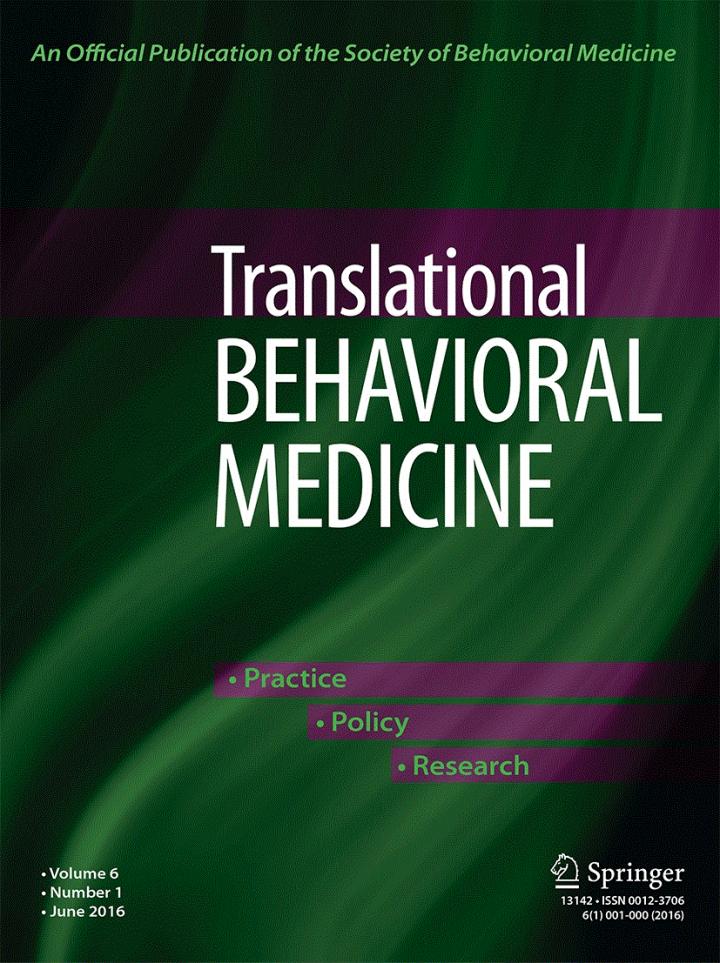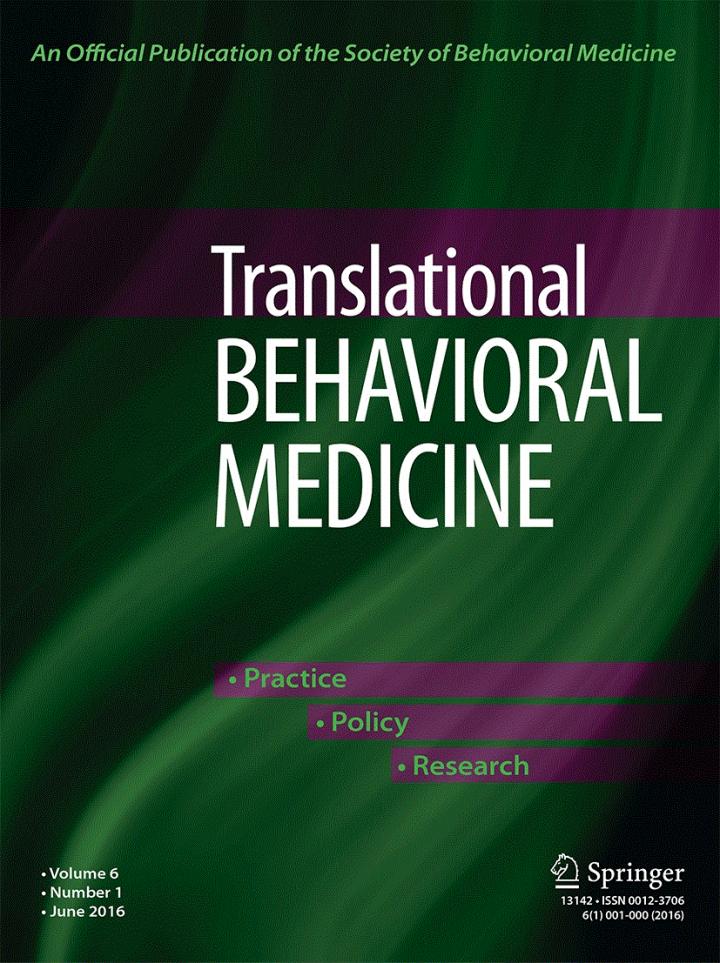
Credit: Society of Behavioral Medicine
Translational Behavioral Medicine, a major scientific behavioral medicine journal, now publishes research studies that have null results.
Some in the scientific community view null results research as a failure because, by its very definition, a null result means what you expected would happen in your study did not happen. But Translational Behavioral Medicine (TBM) Editor-in-Chief Suzanne Miller-Halegoua, PhD, disagrees with that assessment.
"Some of our best scientific findings were not expected and could have been called failures. Penicillin of course comes to mind when you're thinking of unplanned health advancements," Dr. Miller said. "Throwing your research away because you didn't find what you thought you'd find wastes valuable time and dollars, and it limits the potential of the overall field of medicine. There is so much that we as a scientific community can learn from what doesn't go as planned."
TBM's first null results study, published Oct. 31, provides a perfect example. Researchers sent pregnant women text messages that encouraged them to be physically active. The researchers varied the frequency and timing of the messages, to see which combination helped the women the most. They expected one of the combinations to clearly stand out. But, to their surprise, none of the patterns increased the women's physical activity.
Because this study was published rather than discarded, future researchers now know text messages alone are not enough to increase physical activity in pregnant women. Rather than testing text messages again, they can move on to testing other ideas, like the use of pedometers or goal-setting strategies.
TBM's publication of null results research sets it apart from other behavioral medicine titles, according to its publisher, Springer Nature.
"TBM is providing a unique and important opportunity to scientific researchers," said Springer Health and Behavior Senior Editor Janice Stern. "The journal stands out within the behavioral health and policy field in supporting the publication of null results research."
TBM's new emphasis on null results is proudly supported by the journal's owner, the Milwaukee-based Society of Behavioral Medicine (SBM). The society recently began including null results research in scientific presentations at its annual conference.
"Sharing null results research is critical to advancing science and making the best use of our scarce research resources and dollars," said SBM conference planning committee Chair David X. Marquez, PhD. "We've been encouraging our society members to use null results research as learning opportunities and TBM's publication of null studies will go a long way in achieving that goal."
TBM will consider papers with null findings if they have a strong research design and use advanced methods with appropriate statistical analysis. A necessary condition for publication is that the study is powered to accept the null hypothesis. Authors should include a detailed description of the hypothesis, intervention, recruitment strategy, and power calculation. They should also address the lessons learned as a result of the null findings, discuss how the null findings advance the field, and describe plans for future studies. Researchers can submit their null results work online.
Translational Behavioral Medicine (TBM) is an international peer-reviewed journal that offers continuous, online-first publication. TBM's mission is to engage, inform, and catalyze dialogue between the research, practice, and policy communities about behavioral medicine. The journal's 2015 impact factor is 2.189. The journal is owned by the Society of Behavioral Medicine and published by Springer Nature. Read the journal online (http://www.springer.com/medicine/journal/13142).
The Society of Behavioral Medicine (SBM) is a 2,300-member organization of scientific researchers, clinicians and educators. They study interactions among behavior, biology and the environment, and translate findings into interventions that improve the health and well-being of individuals, families and communities (http://www.sbm.org).
###
Media Contact
Lindsay Bullock
[email protected]
414-918-3156
@SpringerNature
http://www.springer.com
############
Story Source: Materials provided by Scienmag





